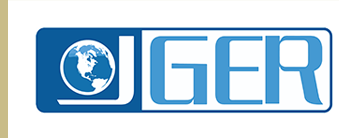Abstract
Public education requires all stakeholders to collaborate as a community and focus on the essential factors that create a path for student progress, growth, and maturity. The result nurtures students from kindergarten to graduation and beyond and affords them opportunities to become efficacious members of their communities. Schools are a business operating on the premise of the service industry, working collectively with and for the communities they serve. Their operational parameters are to work with all stakeholders to successfully facilitate excellence in education for all students regardless of gender, race, or socioeconomic status. Recent COVID-19 school closures have opened dialogues concerning the ramifications of continued school closures, the slow reopening of schools, and the current chronic educational gap for minorities and students living at the poverty or extreme poverty levels. This literature review examines peer-reviewed articles, policy papers, editorials, and global research that examines how the COVID-19 school closures and slow reopening processes affect the equitable global education of minorities and children living in poverty or extreme poverty.
Keywords
early childhood education, school failure, addressing public policy changes
ORCID Identifiers
Jessie Thacker-King: https://orcid.org/0000-0002-9590-2685
DOI
10.5038/2577-509X.7.3.1228
Recommended Citation
Thacker-King, J. S. (2023). Global educational ramifications of COVID-19 on minorities and students living in poverty or extreme poverty: A literature review. Journal of Global Education and Research, 7(3), 226-233. https://www.doi.org/10.5038/2577-509X.7.3.1228
Creative Commons License

This work is licensed under a Creative Commons Attribution-Noncommercial 4.0 License
Included in
Curriculum and Instruction Commons, Disability and Equity in Education Commons, Early Childhood Education Commons, Educational Administration and Supervision Commons


